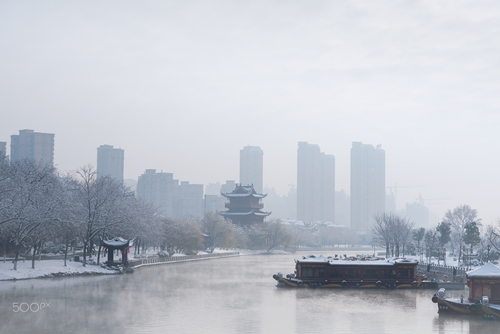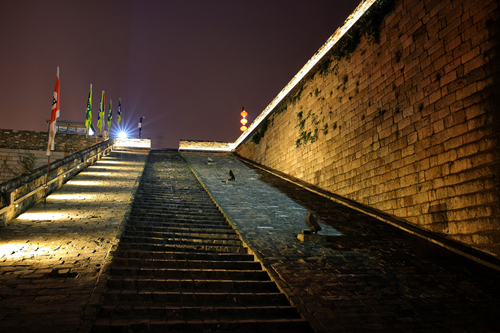中元节也称之为“鬼节”,这一天人们要祭祀先人,还有些人在这一天要到河边去放河灯,传说这天是地狱开门值日,已故的祖先可回家团圆,因此也是鬼节。那么中元节的由来是什么呢?接下来让我们来看看吧。
中元节的由来中英文版:

The name "Zhong Yuan" originated from the Northern Wei Dynasty and is a Taoist saying. According to ancient records: The 15th of the first lunar month is "Shangyuan", which is the blessing day of heavenly officials; July 15 is "Zhongyuan", which is the day of pardoning sins of local officials; October 15 is "Xiayuan". Relieve the day for the water official. According to the "Xiu Xing Ji" record: "On the first day of the first month of July, the local officials descended to determine the good and evil in the world. Taoists then recited the scriptures at night, and the prisoners of the Hungry Festival were also liberated." Therefore, on the 15th of July, the civil society Prepare rich sacrifices to worship the local emperor and ancestors.
“中元”之名起于北魏,是道教的说法。根据古书记载:道经以正月十五是“上元”,为天官赐福日;七月十五是“中元”,为地官赦罪日;十月十五是“下元”,为水官解厄日。据《修行记》记载:“七月中元日,地官降下,定人间善恶,道士于是夜诵经,饿节囚徒亦得解脱。”因此,在七月十五日这一天,民间都会准备丰富的牲礼,祭拜地官大帝及祖先。
During the Zhongyuan Festival, Taoist temples, such as Di’anmen Fire Temple, Baiyun Temple outside Xibianmen, etc., hold the "Blessing and Auspicious Taoist Temple" every year to pray for "good weather, good country and peace". Because of the fear of fear, people compound the three religions of Confucianism, Buddhism and Taoism in their daily lives. The Zhongyuan Festival on the fifteenth day of the seventh lunar calendar is called the Ghost Festival, and the seventh lunar month is called the "ghost month".
中元节时,道教宫观,如地安门火神庙、西便门外白云观等为了祈祷“风调雨顺、国泰民安”每年照例举办“祈福吉祥道场”。因为惧厉的心理,民众于日常生活中复合儒、佛、道三教,将农历七月十五的中元节称为鬼节,称农历7月为“鬼月”。

After the introduction of Buddhism, Buddhism also had a ancestor-recommending ceremony called "Ulammana" (Ulambana in Hindi), or "Menglan Bonhui". The meaning of Menglanpen is hanging upside down. The pain of life is like a bat hanging upside down on a tree. It is hanging and suffering. In order to save all beings from hanging upside down, they need to chant sutras and spread food to lone souls and wild ghosts. This move coincides with the Chinese Ghost Moon Worship, and Buddhism also holds the transcendent puja on the fifteenth day of the seventh lunar month, so the Zhongyuan Festival and the Menglan Hui were passed down at the same time.
佛教传入后,佛教中也有一种追荐祖先的超度仪式,称为“屋兰玛纳”(印度话ULLAMBANA),也就是“孟兰盆会”。孟兰盆的意义是倒悬,人生的痛苦有如倒挂在树头上的蝙蝠,悬挂著、苦不堪言。为了使众生免於倒悬之苦,便需要诵经,布绝食物给孤魂野鬼。此举正好和中国的鬼月祭拜不谋而合,且佛教也是在农历七月十五这一天举行超度法会,因而中元节和孟兰会便同时流传下来。